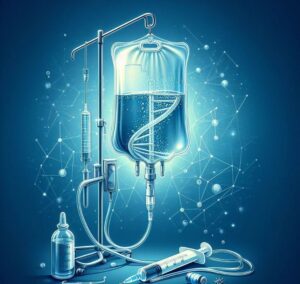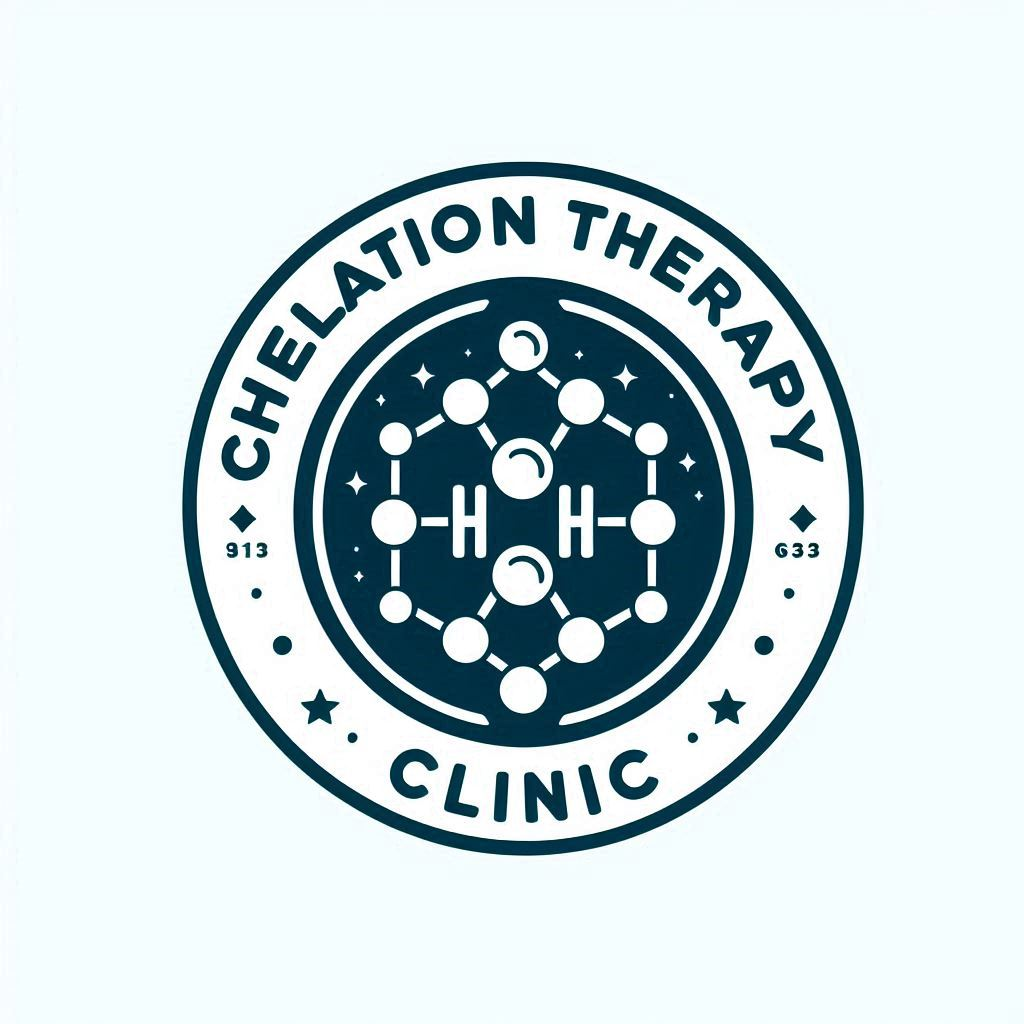Your cart is currently empty!
Metal Detoxification

Metal detoxification refers to the process of removing or reducing the concentration of heavy metals in the body. Heavy metals are naturally occurring elements with high atomic weights that can be toxic to humans in excessive amounts. Common heavy metals include lead, mercury, cadmium, arsenic, and aluminum. Metal detoxification methods aim to eliminate or reduce the body’s burden of these toxic metals, which can accumulate through various sources such as contaminated food, water, air, and exposure to certain products.
Several approaches are commonly considered for metal detoxification:
- Chelation Therapy:
- Chelation therapy involves the administration of chelating agents, substances that bind to heavy metals and facilitate their elimination from the body. This medical procedure is typically conducted under the supervision of a healthcare professional.
- Nutritional Support:
- Certain nutrients, such as antioxidants and minerals, play a role in supporting the body’s natural detoxification processes. Adequate intake of nutrients like vitamin C, selenium, and zinc may contribute to reducing the toxic effects of heavy metals.
- Hydration:
- Staying well-hydrated is essential for supporting the body’s natural detoxification mechanisms. Proper hydration helps flush toxins, including heavy metals, through the kidneys.
- Dietary Changes:
- Adopting a nutrient-rich diet can assist in promoting overall health and aiding the body in eliminating toxins. Including foods that support liver function, such as cruciferous vegetables, may be beneficial.
- Sweating:
- Activities that induce sweating, such as exercise, saunas, or hot baths, are believed by some to help eliminate toxins, including heavy metals. However, the effectiveness of this method alone for comprehensive metal detoxification is debated.
- Herbal Supplements:
- Certain herbs, such as cilantro, and supplements like chlorella, are popularly believed to support metal detoxification. However, scientific evidence on their effectiveness is limited, and their use should be approached with caution.
It’s crucial to note that the process of metal detoxification should be approached cautiously and under the guidance of a qualified healthcare professional. Detoxification programs should be individualized based on factors such as the type and level of metal exposure, overall health, and medical history. Self-administered detox protocols without professional oversight may carry risks, and consultation with a healthcare provider is recommended to ensure safety and effectiveness.
